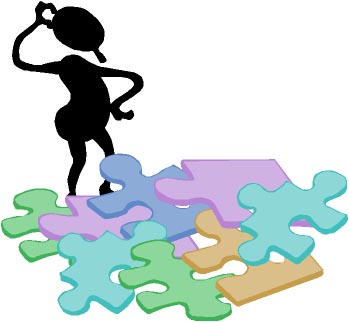How do you engage in conflict, do you run towards it or cower away from it. This video is an opportunity for a simple reflection on your style of behaviour and how that style might interact with other people.
Posted: Personal Training Reflections Conflict and Mediation Coaching
How do you engage in conflict, do you run towards it or cower away from it. This video is an opportunity for a simple reflection on your style of behaviour and how that style might interact with other people.
Posted: Conflict and Mediation Training

It’s been a few months since I last trained a group of mediators and I had almost forgotten the pleasure of this process.
People in organisations come on this sort of course because they are looking to develop their skills - they get this but they also get challenged, pushed and nudged into a different way of thinking.
Most of us, whatever our job or hierarchical level, spend much of our time as paid problem solvers. This may be about deciding which room to clean first or whether or not to merge with a particular company. This tendency with our tasks can overlap into how we deal with people. Someone presents us with a problem that they have and we often try to sort it (or them) out.
We feel like we have to give answers and know the right thing or suggestion to make.
Training in interactive mediation requires a letting go of this tendency, sitting back and letting the parties deal with the situation. It takes some time and effort – and often some discomfort in quietening our desire to ‘sort it’.
In order to become a skilled mediator we also need to have a good understanding of the mediation process and possibly more importantly, we need to be able to manage our reactions to others’ conflictual behaviour. This requires us to look at our own relationship to conflict and our conflict history – which is not always a comfortable journey.
The pleasure of being the trainer is that of guiding people through this journey; helping them stop problem solving and to become more confident with allowing conflict to happen.
They need to become conflict enablers. Well that’s a new thought!